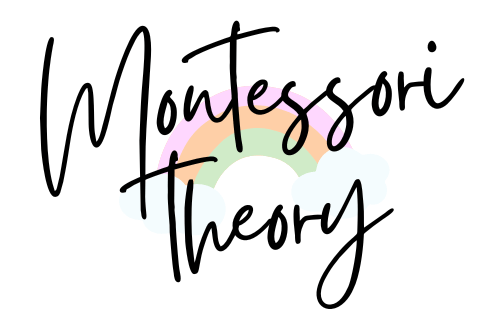The Montessori Method is an innovative, child-centered educational approach developed by Dr. Maria Montessori in the early 20th century. This method is distinguished by its emphasis on respecting each child’s natural development and individuality. Unlike traditional education systems that often follow a one-size-fits-all curriculum, the Montessori Method allows children to explore activities of their own choosing at their own pace within a prepared environment, guided by specially trained educators known as Montessori teachers or directors. These educators serve more as guides or facilitators rather than traditional instructors, observing and supporting the child’s learning rather than directing it.
The Montessori classroom is characterized by mixed-age groupings, which encourages peer learning, fosters social interaction across different ages, and allows children to progress at their own pace without being restricted by the traditional boundaries of grade levels. The curriculum integrates practical life skills, sensorial activities, language, mathematics, and cultural studies, aiming to develop the whole child—intellectually, socially, emotionally, and physically. The hands-on, experiential learning approach encourages exploration and discovery, fostering a love of learning and promoting independence, concentration, and self-discipline.
